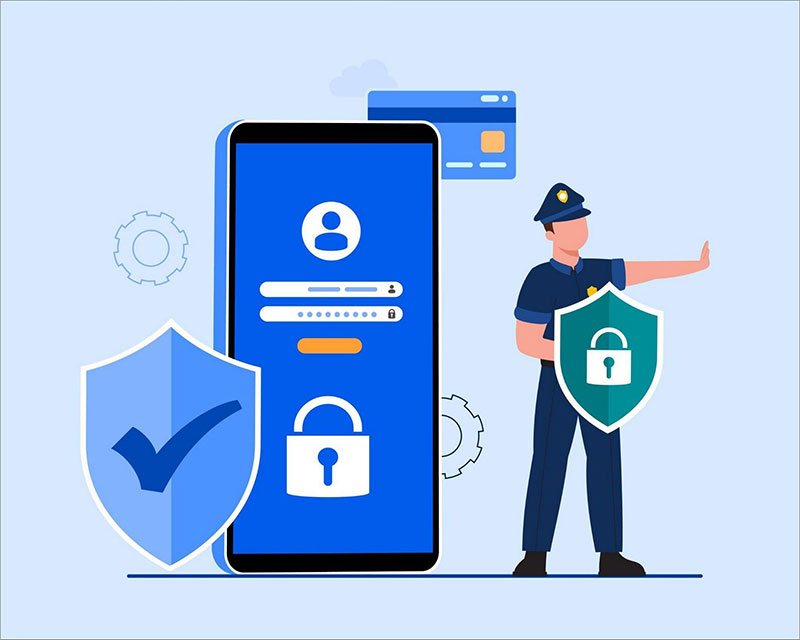Privacy Professional – Role and Importance
A Privacy Professional plays a critical role in managing and protecting personal data within an organization. They ensure compliance with privacy laws, mitigate data-related risks, and uphold ethical standards in handling sensitive information. Here’s a detailed overview of their responsibilities and contributions:
- Regulatory Compliance
Privacy professionals ensure that the organization adheres to applicable data protection and privacy regulations:
- Understanding Legal Requirements: They stay informed about laws such as GDPR (Europe), CCPA/CPRA (California), HIPAA (U.S.), LGPD (Brazil), and other regional or industry-specific privacy regulations.
- Policy Development: They develop and implement privacy policies, standards, and guidelines that align with legal requirements.
- Data Subject Rights: Privacy professionals oversee processes to handle data subject requests, such as access, correction, deletion, or data portability.
- Risk Management
They identify, assess, and mitigate privacy risks within the organization:
- Privacy Impact Assessments (PIAs): Conducting assessments to evaluate the potential risks of data processing activities.
- Data Protection Impact Assessments (DPIAs): Ensuring compliance when processing activities involve high risks to individual rights and freedoms.
- Third-Party Risk Management: Evaluating vendors and partners to ensure they meet privacy and data protection standards.
- Privacy Program Implementation
Privacy professionals design and oversee the implementation of the organization’s privacy program:
- Data Mapping: Identifying and documenting data flows, including collection, storage, processing, and sharing.
- Training and Awareness: Conducting training programs to educate employees on privacy policies, best practices, and regulatory requirements.
- Privacy by Design and Default: Ensuring privacy considerations are integrated into projects, products, and services from the outset.
- Incident Management
In the event of a data breach or privacy incident, privacy professionals take the lead:
- Incident Response Plans: Developing and maintaining procedures to respond to data breaches.
- Breach Reporting: Coordinating with regulatory authorities and affected individuals, as required by law.
- Post-Incident Reviews: Analyzing incidents to identify root causes and implement corrective actions.
- Advisory and Consultation
Privacy professionals provide guidance on privacy-related matters across the organization:
- Cross-Functional Collaboration: Working with IT, legal, HR, marketing, and other departments to address privacy concerns.
- Strategic Input: Advising leadership on privacy trends, risks, and regulatory developments that may impact the organization.
- Ethical Guidance: Ensuring data use aligns with ethical standards and organizational values.
- Monitoring and Auditing
They regularly evaluate the effectiveness of the organization’s privacy practices:
- Internal Audits: Conducting periodic reviews of data handling processes to ensure compliance with policies and regulations.
- Metrics and Reporting: Tracking privacy-related metrics, such as incident rates and data subject request volumes, to identify trends and improvement opportunities.
- Regulator Interaction: Acting as a liaison with regulators during audits or investigations.
- Advocacy and Awareness
Privacy professionals promote a culture of privacy and trust within and outside the organization:
- Employee Engagement: Encouraging employees to prioritize data protection in their roles.
- Customer Trust: Communicating the organization’s commitment to privacy and transparency to customers and other stakeholders.
- Industry Leadership: Participating in industry forums and advocating for best practices in privacy management.
- Evolving with Emerging Technologies
Privacy professionals address challenges and opportunities posed by new technologies:
- AI and Machine Learning: Ensuring AI systems comply with privacy laws and ethical standards, including addressing biases and ensuring transparency.
- IoT and Cloud Computing: Managing privacy in environments where data is widely distributed and interconnected.
- Blockchain and Cryptography: Exploring innovative solutions to enhance data protection.
Key Skills and Qualifications
To excel, privacy professionals typically possess the following:
- Knowledge of Privacy Laws and Standards: Deep understanding of global and regional regulations, as well as frameworks like ISO 27701 and NIST Privacy Framework.
- Analytical Skills: Ability to assess risks and develop mitigation strategies.
- Communication Skills: Translating complex legal and technical information into actionable insights for diverse stakeholders.
Certifications: Credentials like CIPP (Certified Information Privacy Professional), CIPM (Certified Information Privacy Manager), or CIPT (Certified Information Privacy Technologist) are often required or preferred.
recent posts
You may already have a formal Data Governance program in [...]

